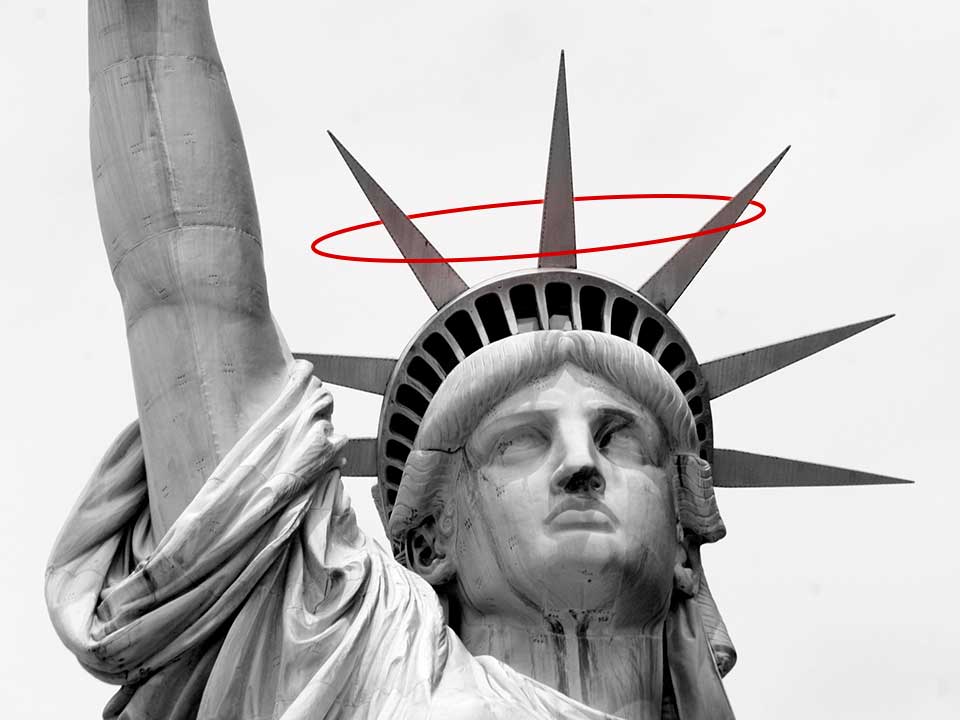

In the Gospel of Matthew, Jesus speaks with unsettling clarity. He stands not as a teacher or healer, but as judge, recounting the quiet acts of compassion that defined the righteous:
"I was hungry and you gave me food, I was thirsty and you gave me drink, I was a stranger and you welcomed me."
When the others protest, saying they never saw him hungry or as a stranger, he responds plainly:
"Whatever you did not do for one of the least of these, you did not do for me."
These words are not vague spiritual metaphors. They are direct. They dismantle the illusion that piety and policy can exist apart from how we treat the vulnerable, the hungry, the outsider, the undocumented, and the detained.
In today's immigration debates, much of the rhetoric turns on the axis of legality. Was it legal for them to cross the border? Did they follow proper channels? Are we not a nation of laws?
But legality, as history has shown time and again, is not the measure of righteousness. Slavery was legal. Segregation was legal. Apartheid was legal. Genocide has often cloaked itself in the machinery of law. The crucifixion of Jesus, too, was a legal execution under Roman rule.
Law is a tool. It can be wielded justly or cruelly. Morality asks a deeper question: What is right, even when the law says otherwise? In Matthew's gospel, Jesus does not ask whether someone deserved help. He does not ask for their papers, their background, their status. He asks: Were they fed? Were they clothed? Were they welcomed?
This ethic of welcome is not unique to Scripture. It echoes in the American conscience as well. At the base of the Statue of Liberty, a sonnet by Emma Lazarus offers an unmistakable invitation:
"Give me your tired, your poor,
Your huddled masses yearning to breathe free,
The wretched refuse of your teeming shore.
Send these, the homeless, tempest-tost to me..."
In that poem, titled The New Colossus, America is not a fortress. She is a mother of exiles. She opens her arms, not closes her gates. That vision, like Christ's, is not rooted in fear or legality. It is rooted in mercy.
This is not an invitation to disregard civic responsibility. But it is a warning: when laws contradict the demands of compassion, conscience must speak. And for those who claim to follow Christ, neutrality is not an option. To ignore the suffering of the migrant child, the detained mother, the man fleeing violence is not merely a political stance. It is spiritual negligence.
There is no hiding behind the language of legality when souls are at stake. Jesus made no distinction between himself and the suffering stranger. If we turn them away, we turn Him away.
So when we are asked in the end what we did, may the answer not be: "I followed the law."
May it be: "I saw you. And I did not look away."
